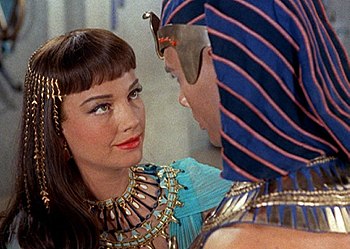Weddings and Babies (1958) is, like Little Fugitive, an American independent film by Morris Engle; and, again, the setting is New York City. A Swedish-born young woman, Bea (Viveca Lindfors), desires to be married to her photographer boyfriend, Al (John Myhers); but Al lacks the confidence that marriage is for him and even that he loves Bea. He goes through a quite miserable day on which he in fact announces upcoming nuptials with Bea and later sees her pulling away. Plus his new camera gets broken.
Only now and then does the film limp along; the rest of the time it is pretty agreeable. Resembling a short novel, it is properly a short movie, not lacking in interesting characters. Except for the coda, its conclusion focuses exclusively on Al, who is asked by a priest to photograph a concurrent wedding (Al wants a future in which he does not take pictures of weddings and babies), and he agrees. The flashbulb on the broken camera fails to work, though, and this is apparently a sign to Al that he must move on in life and both marry and love the woman who has pulled away from him. Engle, who wrote the script originally for the screen, did not mean for the ending to be moving, but only authentic. Which it is. In fact it’s a more artistic ending than the one supplied for Little Fugitive. Bravo!






